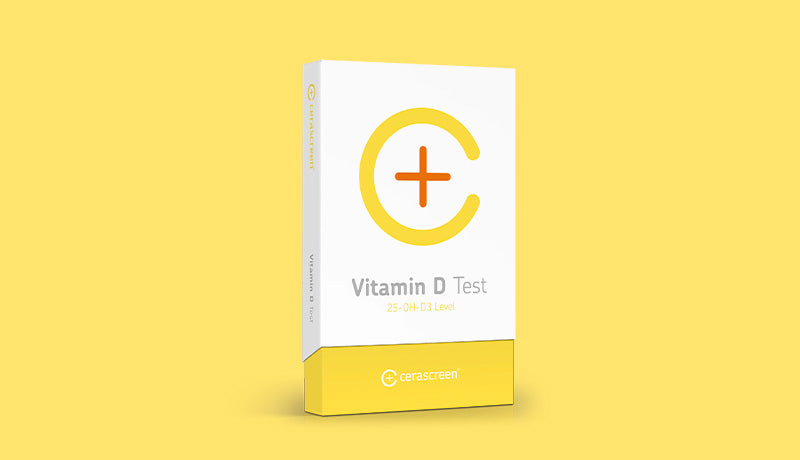Health portal - All Articles
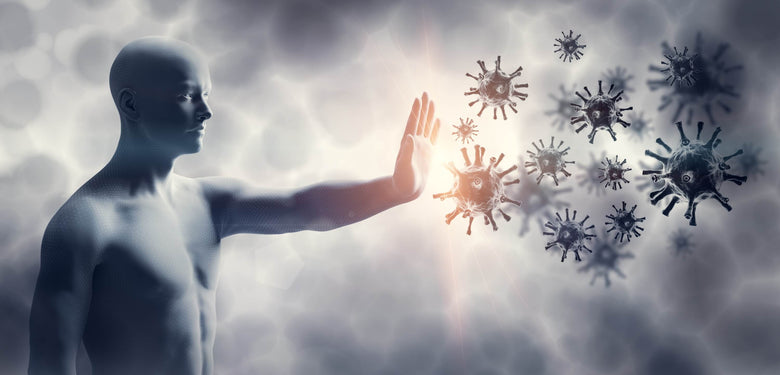
Covid-19 vaccine rollout: how effective is the Covid vaccine?
Vaccine rollouts across the globe to alleviate the Covid-19 pandemic are making daily progress. In the United Kingdom, the first approved Covid-19 vaccinatio...
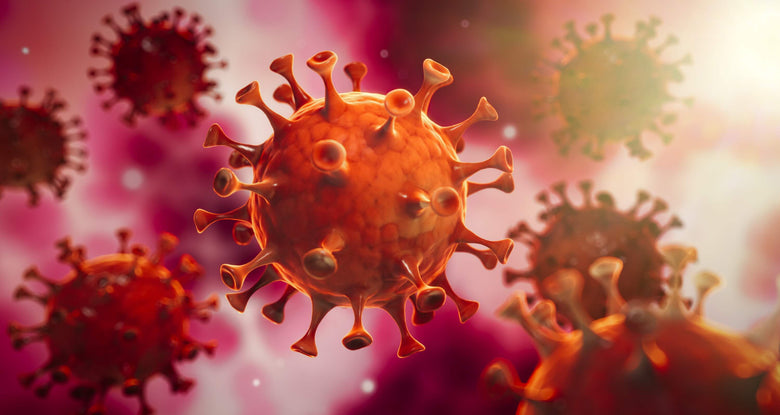
Coronavirus pandemic: what you need to know about Covid-19
The novel coronavirus causes a dangerous illness, and a vaccine is not in sight. We answer the essential questions about everything to do with the pandemic a...

Coronavirus antibodies: how long do Covid antibodies last?
What are antibody tests and why are they important? How do they help us know how long Covid-19 immunity lasts? Within the context of the pandemic, antibody...

Vitamin D supplements: how much vitamin D should I take?
Why do we need vitamin D? Without consuming vitamin D through nutritional supplements, it is difficult to truly optimise your vitamin D levels all year ro...

Why do we need sleep: science-backed facts
Why do we need sleep? While we sleep, parts of our bodies continue to work at full speed. Did you know that one-third of people in the United States have ...

Prostate cancer screening: how do I check myself for prostate cancer?
Prostate cancer screening remains a controversial topic in much of the modern world today. While diagnosis and early detection is crucial, the usual rou...

Prostate health: what is a normal PSA level?
What does PSA mean? High PSA levels indicate an elevated risk of prostate cancer, prostate enlargement and prostatitis. However, although PSA testing can ...

What is heavy metal poisoning – why does it happen?
What are heavy metals and what is heavy metal poisoning? Toxic heavy metals such as arsenic, lead, cadmium and mercury can enter the environment – that is, i...

How can I strengthen my immune system?
Immune system health is never taken for granted – in fact, in the current climate, immunity and health are arguably more crucial than before. Our immune sys...
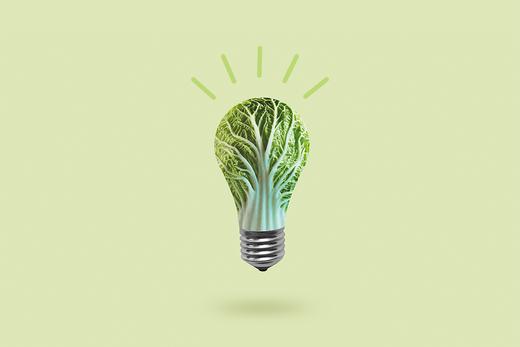
Health tips for everyone: what do I need to know about my health?
More and more people are interested in how they can live healthier through promoting certain lifestyle and adapting to new habits. Because what you do eve...

What is anatomy: topics about the human body
What is anatomy? The human body is truly a miracle of nature – made up of bones and joints, blood, hormones, messenger substances and much more. Not to m...

Skin and hair: all you need to know about natural beauty
You know what they say about first impressions! Few things contribute as much to the our appearance as our skin and hair. So it’s no wonder that beautiful...

Stress and relaxation: mental health topics
Stress is our body’s completely natural reaction to high pressure and demands or threats from our environment, and it enables us to perform at a high level...

Minerals: what is the function of minerals?
What are minerals? Why do we need minerals in our diet? Minerals such as magnesium, calcium, selenium and zinc are absolutely essential for numerous process...
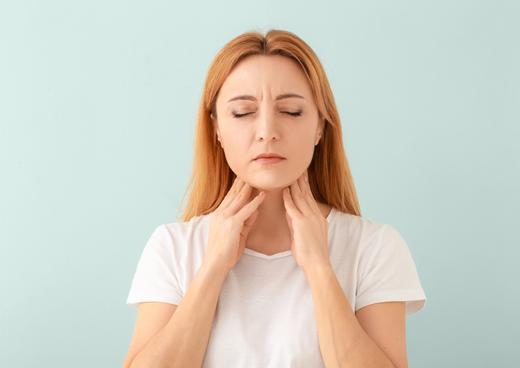
What are hormones: what do they do?
What are hormones? Hormones are not just any messenger substances – they have a significant influence on both our mental and physical health. Without furt...

Pathogens and pollutants: what you should know
Every day, we are exposed to a wide variety of environmental influences. If you want to protect your health, you should be wary of where certain dangers ca...

Illnesses: symptoms and diseases
What is illness? In medicine, a disease is when when physical or mental functions are disrupted to such an extent that your well-being or performance suff...

Gut health: what is a healthy gut?
What is a healthy gut? Hardly any organ has received as much attention in recent years as the gut: researchers are finding more and more links between our...
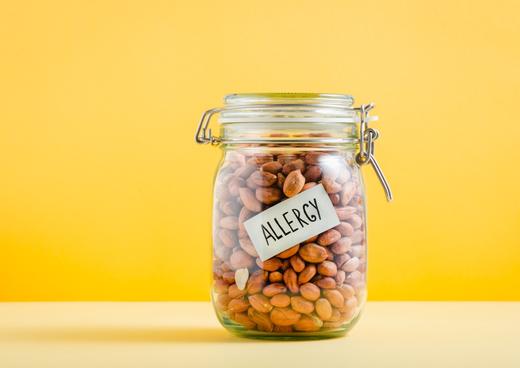
Allergies and intolerances: what is food sensitivity?
Do you know the difference between an allergy and an intolerance? Stomach aches, itching, fatigue, sniffly nose – both allergies and intolerances can cause ...

Diet and fitness: science-backed tips
Unhealthy diets, obesity and a lack of exercise are widespread problems in the United Kingdom: just under 30 per cent of Brits are considered obese. But fi...
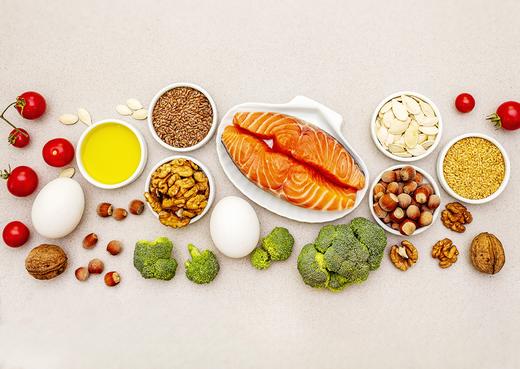
Macronutrients: what are macronutrients?
What are macronutrients? Macronutrients are food components that provide us humans with energy and include carbohydrates, fats and proteins. They are the ba...

Blood group types: what blood type am I?
What are blood types? Our blood group describes important characteristics of our red blood cells and determines whether our blood matches that of other pe...

Allergen immunotherapy: what are allergy injections?
What is allergen immunotherapy? Allergen immunotherapy, as the term suggests, can help alleviate irritating allergies and cross-allergies and also prevent ...

Vitamins: what do vitamins do?
What do vitamins do? Why do we need them? Humans need vitamins to stay fit: to ensure that our immune system works, to carry out metabolic processes and to ...

What is fructose: signs of fructose malabsorption
What is fructose? People are consuming more and more fructose these days. Did you know that between 1966 to 2003 fructose consumption rose from one to 8.8...
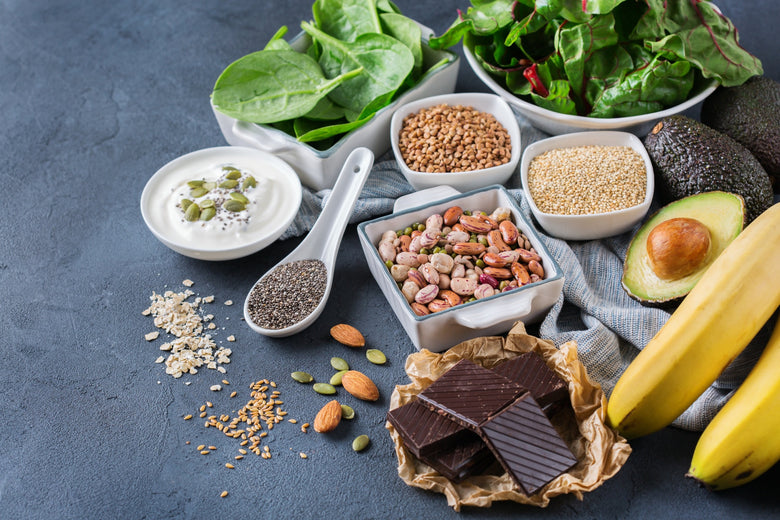
Magnesium deficiency symptoms: are my levels low?
Magnesium deficiency affects 10 to 20 per cent of the world’s population. It is one of the most important nutrients for energy production in the human bod...

Sexual health: what are the signs of an STI?
What is an STI? Sexually transmitted infections are considered a topic of taboo that is rarely discussed publicly compared with other health conditions. Due...

Get your gut: what are probiotics?
What are probiotics? What do probiotics do? Probiotics and probiotic foods are supposed to support the good bacteria in our gut and promote our health in ...

How to prevent heart disease: your A to Z of CVDs
What is CVD? CVD stands for cardiovascular disease and encompasses diseases such as arteriosclerosis, high blood pressure, heart failure and coronary hear...

FODMAP elimination diet: have I got a food intolerance?
Why are low FODMAP diets and food elimination diets becoming increasingly popular? Food intolerances seem to be on the rise: supermarket aisles are forever...
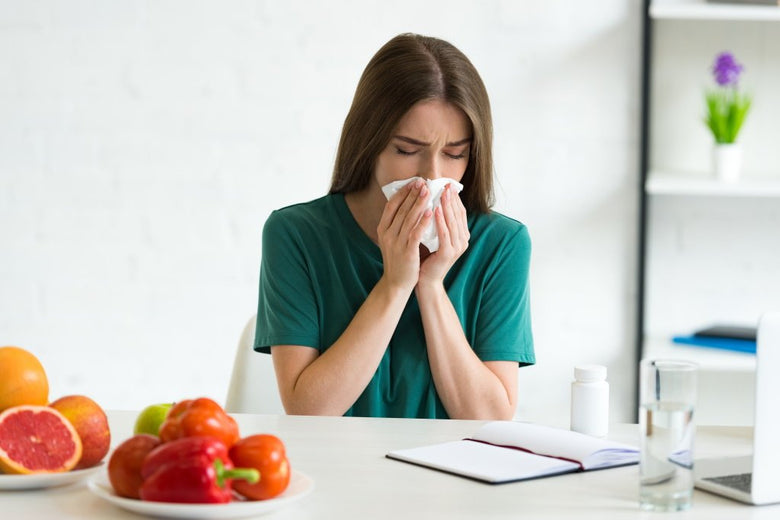
What is cross-sensitivity: which foods are to blame?
What is cross-sensitivity and what has it got to do with food allergies and intolerances? An allergy rarely comes alone: if you suffer from a pollen alle...
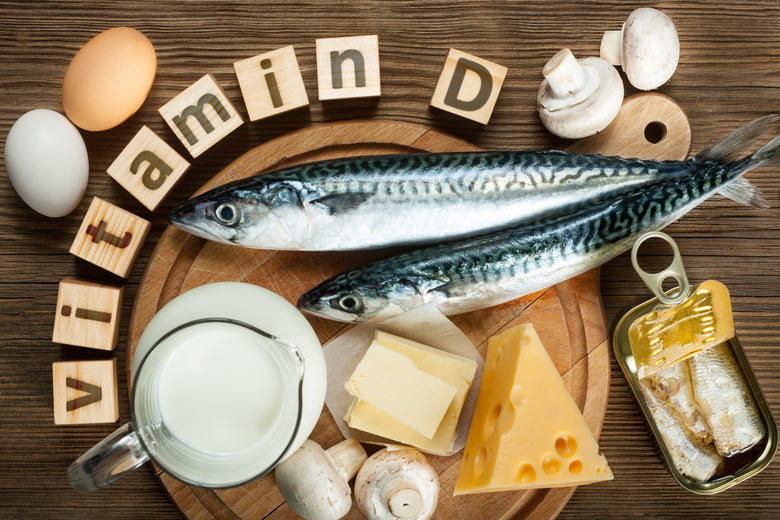
Vitamin D deficiency: what are the effects of low vitamin D?
Vitamin D deficiency – also known as vitamin D3 deficiency – affects a hefty one billion people around the world. We can only acquire enough of this esse...

What is osteoporosis: tips for preventing bone loss
What is osteoporosis? Osteoporosis, also known as bone loss, is a disease that increases the risk of bone fractures. Parts of the body where osteoporosis ...

Food intolerance vs allergy: do I have a food allergy?
What is a food allergy, and what is a food intolerance? An allergy to food can, in the worst-case scenario, be deadly. When we talk about food intolerance...

Broken heart syndrome: can your heart really break?
The human body is made up numerous organs – each one as impressive as the next. So, why is it that the heart is most commonly associated with our emotions?...

What is anaemia: typical anaemia symptoms
What is anaemia? Anaemia is a sign from our body that we have a nutrient or mineral deficiency, such as iron deficiency or vitamin B12 deficiency. Did you...

What does cortisol do: signs of stress
What do depression, skin rashes, stomach aches and high blood pressure have in common? They can all be signs of stress. And there are many other possible ...

Remote work & mental health: 7 tips for work–life balance
Working from home, according to studies, does not reduce productivity. However, as many of us continue to work from home during the pandemic, we lack inte...

Milk allergy: is it a milk allergy or lactose intolerance?
Milk allergy is one of the most common food allergies, especially in children. If you have a milk allergy, you should ideally switch to a milk-free diet –...

Emotional resilience: 4 tips to improve blood sugar & stress
Emotional resilience refers to our ability to effectively and calmly adapt and adjust to stressful situations with a certain mindset. The good news is tha...

What is muscle fatigue: tips to sprint into sports season
If you want to get the most out of your training, the right breaks are also crucial. With the large sporting events back in full swing this year and outdo...

Testosterone levels: have I got symptoms of low testosterone?
What is testosterone? Testosterone is usually recognised as being the male sex hormone – even though it is also found in women. The older you get, the less ...

Do I have a dust allergy: dust mite allergy symptoms
What are dust mites? Dust mites live in bedding, trigger allergies through house dust and can thus cause asthma. The peak breeding season for house dust mi...

Latex allergy: how is latex allergy diagnosed?
How common is a latex allergy? Thousands of items we come into contact with every day contain latex. If you suffer from a latex allergy, you’ll experience ...

Egg allergy: is egg allergy common?
Have you already eaten egg today? The probability is relatively high. Eggs are not only a staple ingredient in many cooking and baking recipes. They are a...

What is polymorphous light eruption (sun allergy)?
The summer sun entices us to venture outdoors and inevitably spend more time lapping up the warmth of the sun. In this time, sunbathing replenishes our v...

Lactose intolerance: am I lactose intolerant?
For millions of people, milk triggers nothing but abdominal pains, diarrhoea and physical discomfort. This is because they suffer from lactose intolerance,...
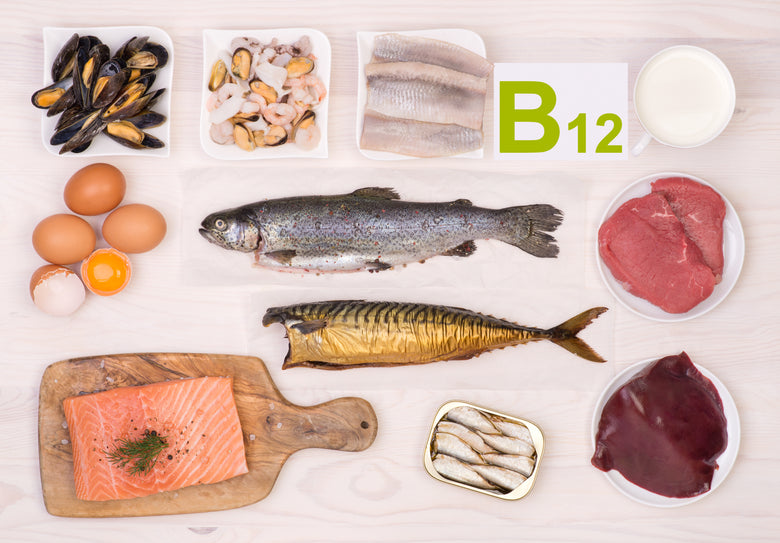
Vitamin B12 deficiency: what is vitamin B12?
What is vitamin B12? Vitamin B12 is absolutely crucial for our cells, for blood formation, our brain and much more. Nevertheless, we often don’t notice tha...
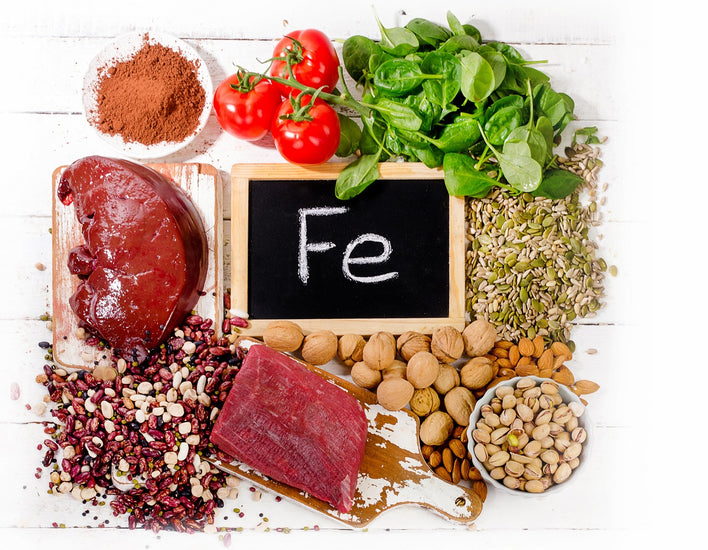
Iron deficiency: what are normal iron levels?
Iron deficiency is considered one of the most common deficiencies in the world and is the most widespread cause of anaemia. If you discover that you have a...
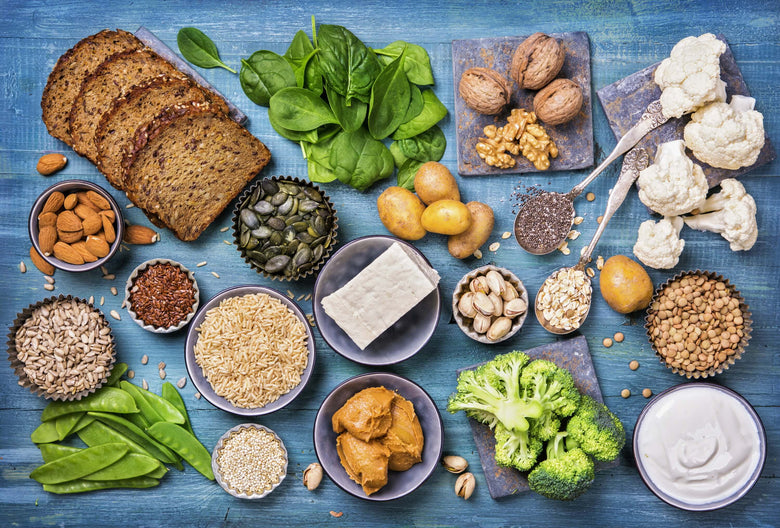
Veganism: are there benefits of a vegan diet?
Veganism is becoming increasingly popular – not just in the United Kingdom but on a global scale. The vegan diet offers many health benefits, but maintain...

